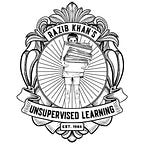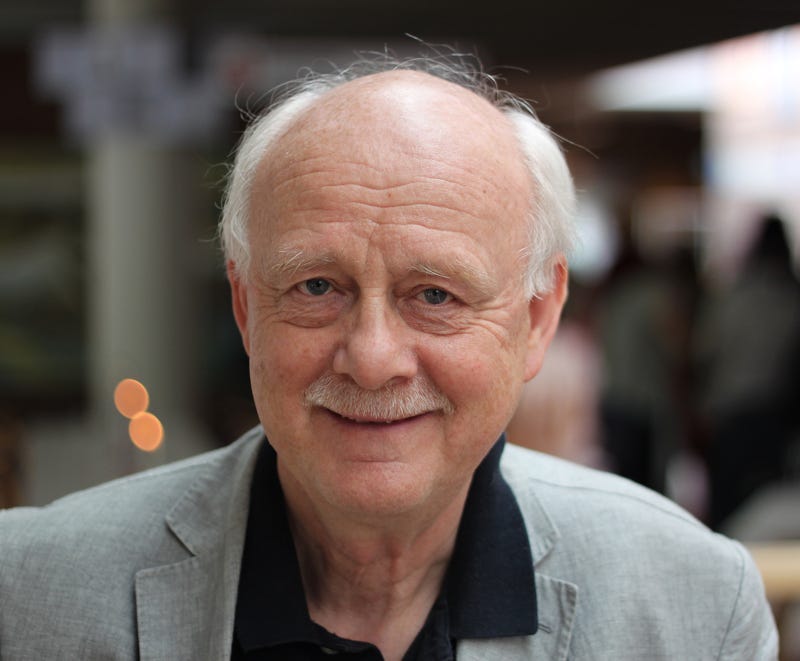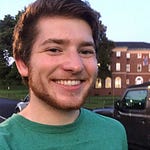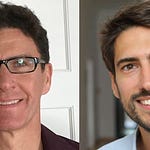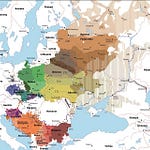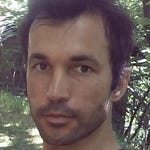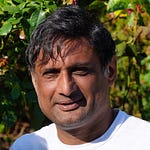For the first time ever, parents going through IVF can use whole genome sequencing to screen their embryos for hundreds of conditions. Harness the power of genetics to keep your family safe, with Orchid. Check them out at orchidhealth.com.
On this episode of Unsupervised Learning Razib talks to Kristian Kristiansen, an archaeologist at the University of Gothenburg and affiliate professor at the Lundbech Center for Geogenetics, Copenhagen University. A past guest on this podcast, Kristiansen has recently contributed to an astonishing lineup of landmark papers published in Nature just in the last few months, Population genomics of post-glacial western Eurasia, Elevated genetic risk for multiple sclerosis emerged in steppe pastoralist populations, 100 ancient genomes show repeated population turnovers in Neolithic Denmark and The selection landscape and genetic legacy of ancient Eurasians. They also discuss his chapter in the 2023 book The Indo-European Puzzle Revisited: Integrating Archaeology, Genetics, and Linguistics.
Razib and Kristiansen discuss the state of the emerging synthesis between archaeology, genetics and historical linguistics. Though himself an archaeologist, Kristiansen admits that in many ways historical linguists were correct, with models of mass migration now overturning those of cultural diffusion. He also gives a high-level summary of soon-to-be-published work on the spread of plague in Europe 5,000 years ago, and its role in the collapse of Neolithic civilization and the rise of steppe Indo-Europeans. Kristiansen gives a summary of recent developments in understanding the archaeology of Bronze Age Northern Europe, and in particular the expansion of the Corded Ware people. Razib and Kristiansen also discuss the role of distinct migration streams of the steppe people and their contribution to various Indo-European populations. Is it time to wonder if the Greeks descended from Corded Ware or Yamnaya?

